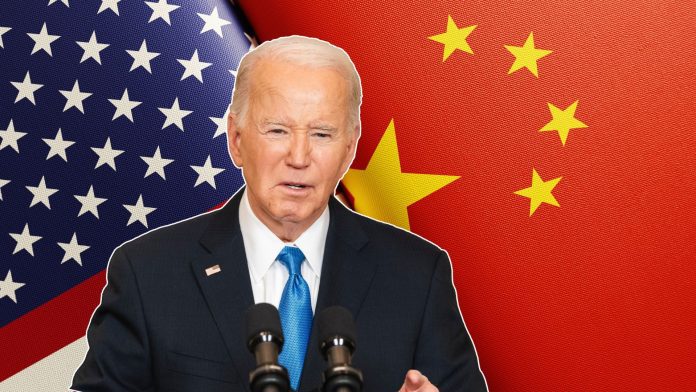Next week, the Biden administration will finalize rules that restrict Chinese vehicle software and hardware, a decision that could significantly impact the U.S. automotive market.
According to U.S. Commerce Secretary Gina Raimondo, the administration aims to address national security concerns related to Chinese technology in connected vehicles.
In September, the Department of Commerce proposed banning key Chinese software and hardware components in vehicles sold in the U.S. This ban would effectively limit the presence of Chinese cars and trucks on American roads. Major global automakers will be required to remove Chinese software and hardware from their vehicles, starting in the 2027 model year for software and in 2029 for hardware.
“We wanted to hear from industry. We had to get it right. We digested all of that feedback and now we’re going to finalize the rules,” Raimondo said. “It’s critical that we act now to prevent the potential threat of having millions of Chinese-made cars on the road.”
The final rule was cleared by the White House late Tuesday.
Key Deadlines:
- 2027 Model Year: Software ban takes effect.
- 2029: Hardware ban takes effect.
Automakers, including General Motors (GM), Toyota, Volkswagen, Hyundai, and others, expressed concerns over the timeline and called for an extension. While the Alliance for Automotive Innovation requested at least an additional year to meet the hardware requirement, the Consumer Technology Association and Honda Motor proposed a two-year extension. These groups argue that more time is needed for testing, validation, and contract updates.
This regulatory shift follows a series of tariff hikes by the Biden administration on Chinese imports, including a 100% duty on electric vehicles, as well as hikes on electric vehicle batteries and key minerals.
In addition, the incoming Trump administration, which will take office on January 20, has signaled its intent to prevent Chinese auto imports, though President-elect Trump has expressed openness to Chinese automakers establishing production facilities in the U.S. “If China and other countries want to come here and sell their cars, they’re going to have to build plants here and hire our workers,” Trump remarked.
As the U.S. navigates these complex regulatory changes, global automakers will need to adapt quickly to avoid disruptions in their U.S. market presence. The next few years will be pivotal in shaping the future of the connected vehicle landscape and the broader automotive industry.



